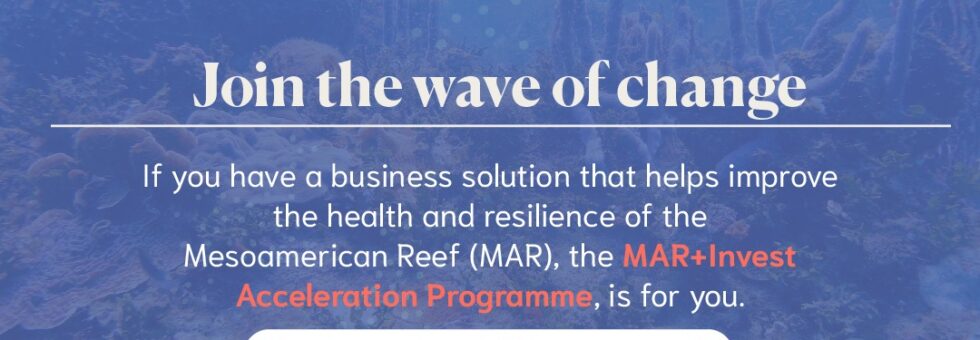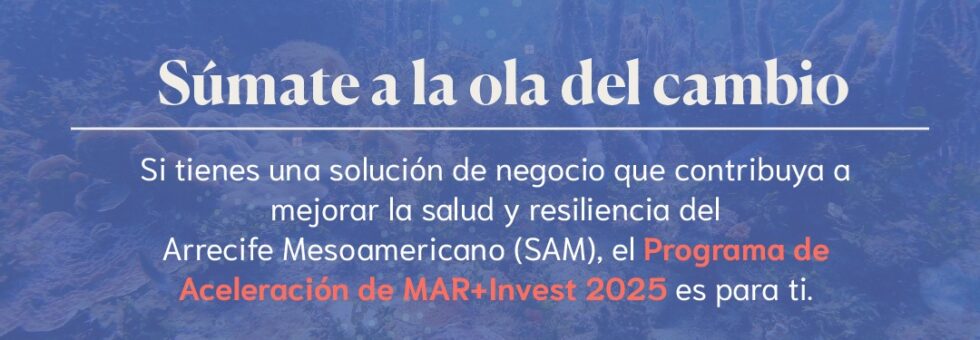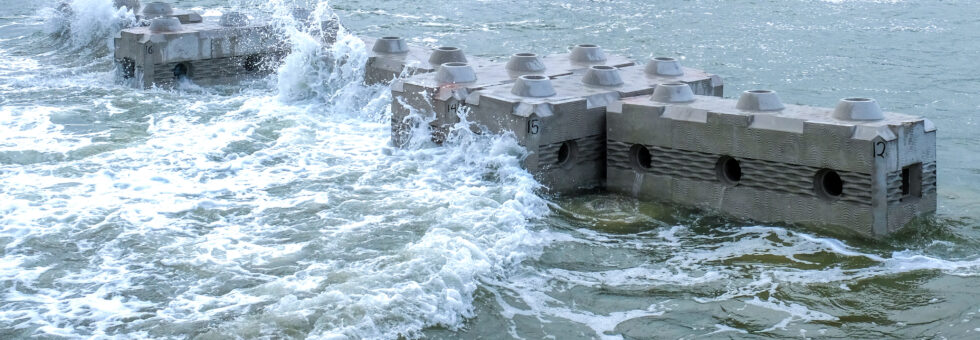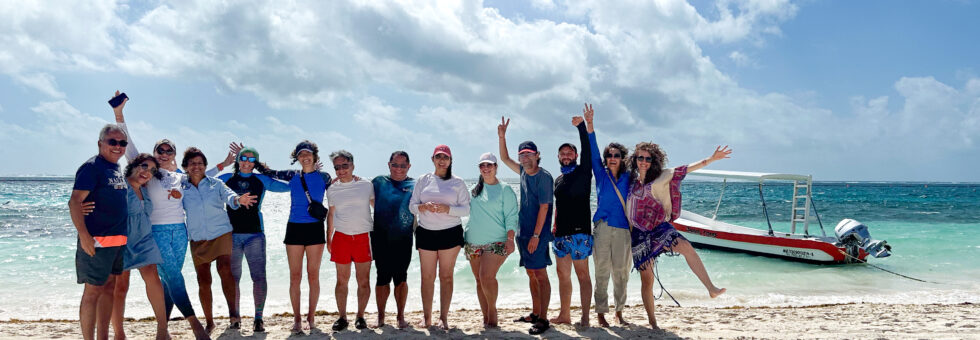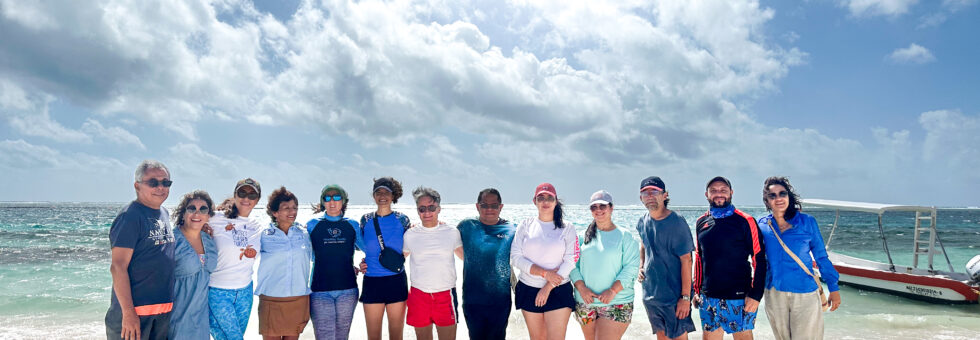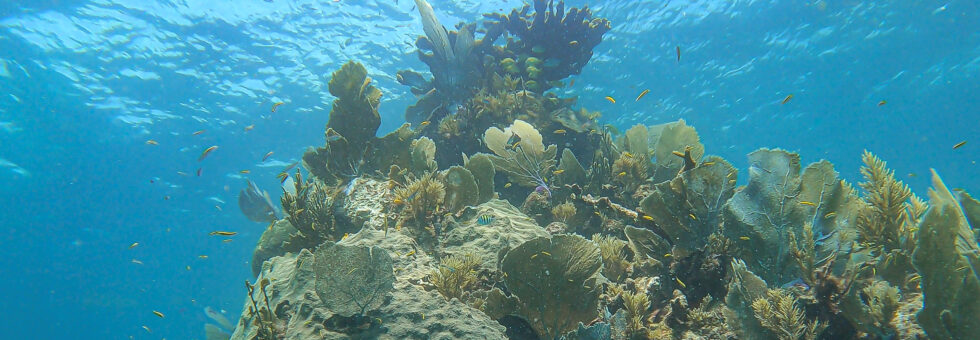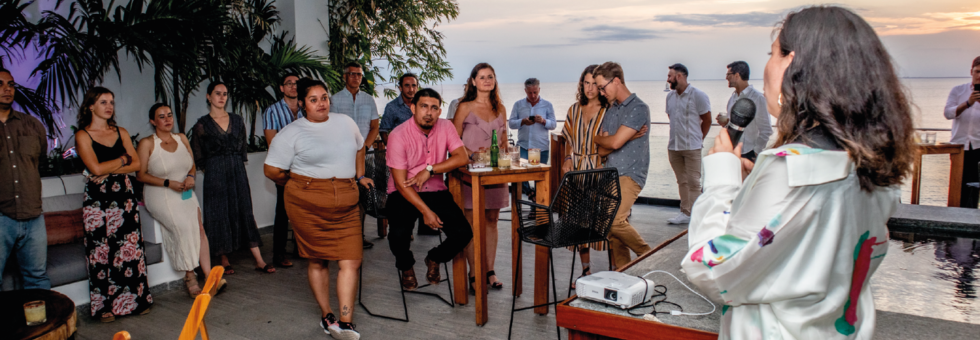
Stretching 1,000 km along the coasts of Belize, Guatemala, Honduras and Mexico, the Mesoamerican Reef is an ecological marvel. The largest barrier reef in the Western Hemisphere, it is a living, breathing world, home to dazzling biodiversity, including 60 varieties of coral. However, this vital ecosystem faces mounting threats from pollution and climate change, say experts.
To counter those perils, the United Nations Environment Programme (UNEP), the United Nations Capital Development Fund, the United Nations Development Programme and the Global Fund for Coral Reefs (GFCR) have launched an ambitious drive to channel funding towards initiatives designed to preserve the reef.
Through the Mesoamerican Reef Fund initiative MAR+Invest the GFCR is providing technical advice and financing to 50 early-stage, reef-friendly businesses from countries in the region. The work spans 1.7 million hectares of coral reefs and is creating economic opportunities for 15,000 people.
«Investing in local organizations with deep-rooted knowledge and experience in coral reef conservation is critical for protecting the Mesoamerican Reef and for achieving the UN’s Sustainable Development Goals,” says Susan Gardner, Director of UNEP’s Ecosystems Division. “These local organizations are uniquely positioned because people benefit directly from healthy reefs. Healthy reefs mean more fish, providing families with better nutrition and higher incomes, fundamental for accessing healthcare, education and building resilience.”
One of the projects MAR+Invest supports focuses on raising juvenile king crabs and releasing them onto reefs to combat the overgrowth of macroalgae, which thrives due to rising ocean temperatures associated with climate change. Macroalgae crowd out corals, weakening reef ecosystems. King crabs, which are native to the area, have voracious algae appetites and can help control algae without harming coral. However, their low natural population density limits their impact. By increasing crab populations, this project aims to restore balance to the ecosystem, benefiting coral health and providing a sustainable income source for local fishers.
To read more, click on the original UNEP article: Inside the effort to save an iconic Caribbean coral reef.






